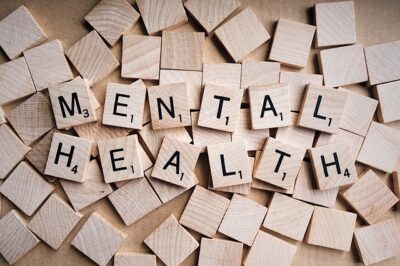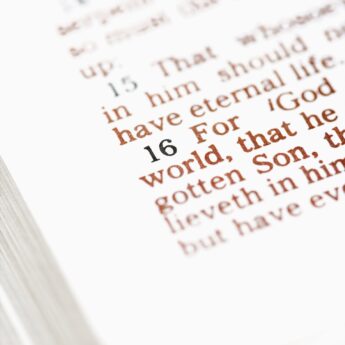In an online group, someone posted about the book, The Body Keeps the Score: Brain, Mind, and Body in the Healing of Trauma by Bessel van der Kolk M.D. They shared how helpful it was for anyone who had been involved in a cult or unhealthy church environment. I am always looking to be able to share information on material that might help our readers, so I asked if anyone would be interested in writing an article about it for this blog. Amy Renee Stangel was one who responded and she submitted the following article in hopes that some might find help for their recovery.
**************************************
While I have never read The Body Keeps the Score, I know that the book’s basic premise is that experiences are “stored” within the body’s nervous system. The Christian counseling clinic where I receive treatment uses this book as a staple of its counseling practice.
The body functions in a very intelligent and self-aware way and will “know” things that can prevent brainwashing. As I was growing up and could feel my body being verbally punished through self-abusive religious doctrines, my body knew better and whispered: “You know better than this. You know that God is a good God and that you don’t have to be afraid in your body. You can trust your instincts that something about this is not right.” While I yielded to church and societal conditioning as a child, my memory of my body’s voice stayed buried along with that memory, but the memory came alive upon being unearthed in therapy.
The science behind the idea of “bodily wisdom” seemed at first to be dubious at best and unbibically pagan at worst (after all, I had been told growing up that you cannot trust your body and that it is an instrument of evil, a twisted version of what Paul said in Romans 7); but I could not deny the stream of memories, accompanied by literal releases of pent-up sensations in my body, that came to the surface in reverse chronological order after I began body-based trauma therapy. Many memories I was able to remember at least in the somewhat retrievable past, but many memories I also experienced through the filter of my nine-year-old self and had completely forgotten about for many years. Some have come from even earlier. In my body, I could sense the “knots” of memory that were intertwined with whatever real-time sensations they had been associated with. At times, I would completely re-experience what my personal reactions had been at the time when the memories had been stored. I literally re-experienced those thoughts and feelings.
While traumatic memories can be blocked off by the brain to protect a trauma victim, the body does not forget. Personally, I wonder if God set up this system as a record of truth to subvert systems of injustice and abuse and bring justice to those who need it.
If you are considering trauma therapy (such as EMDR) that may release these stored memories, make sure that you have an adequate support system for your own safety during the process. Although not many people can easily understand our experiences, do what you can to build the best support network you can. My traumatic memories have felt extremely overwhelming at times, and I have needed all of my resources to face them safely. (One time, I had a fully-fledged meltdown and needed to leave work; and the fact that my husband could listen on the phone while I spewed terrified profanity and freaked out…he saved my life because he was available, he listened, he understood, and he was authentically there and didn’t require me to censor myself. I experienced that memory in the context of no longer feeling alone.) My therapist has been on call, and my dad has also been available to listen so that I can feel supported. I have also sought out Facebook groups of those similar to myself for support; not just to process my traumatic experiences, but in order to help me make sense of my life and make sense of my total existence. (We’ll need to reorder the pieces of ourselves left outside of a cult in order to re-knit together the tapestries of our identities. Because of my social anxiety, online groups have been instrumental in allowing me to communicate on my own terms.)
I wish everyone the very best in their journey of healing. This therapy, along with knowledge of comprehensive mental health principles, has completely thrown open the doors of my potential; my life is beginning to make sense for the first time.
Read excerpts from the book here.
********
Shop at our Amazon store! As an Amazon Influencer, this website earns from qualifying purchases.




